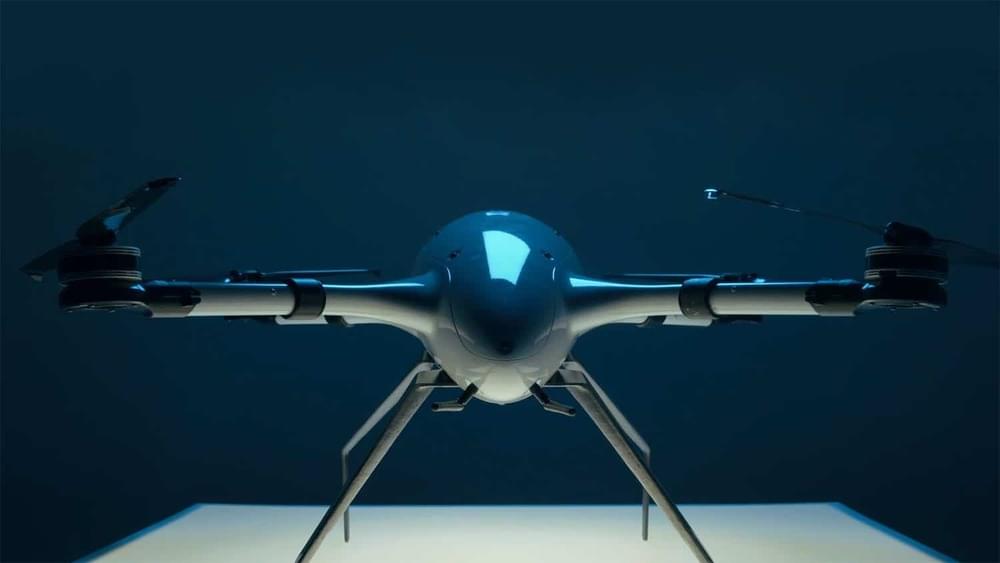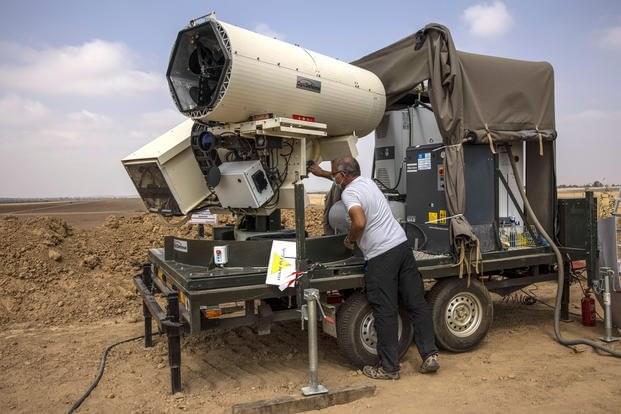Italian company EuroLink Systems, a technology solutions manufacturer with decades of industry experience, will launch the Beluga mini drone, a dual-use aircraft ready to deploy anywhere from the desert to the arctic, at next week’s Xponential 2022 in Orlando.
The new state-of-the-art multirotor drone blends a bio-inspired design with high-performance features that make it suitable for a wide variety of tasks – from military or public safety applications like short-range reconnaissance, search & rescue, or security applications to commercial use in 3D terrain mapping, urban logistics support applications, threat detections, and urgent medical transportation.
Beluga has been in development for three years and combines Eurolink Systems’ technical experience with mother nature shapes, resulting in an elegant design and rich technical functionality – that represents the best of art and science. The drone can fly fast, with a maximum cruising speed of up to 112 km/h (69 mph), for up to 60 minutes with a 3.3 lbs. (1.5 kg) payload.








